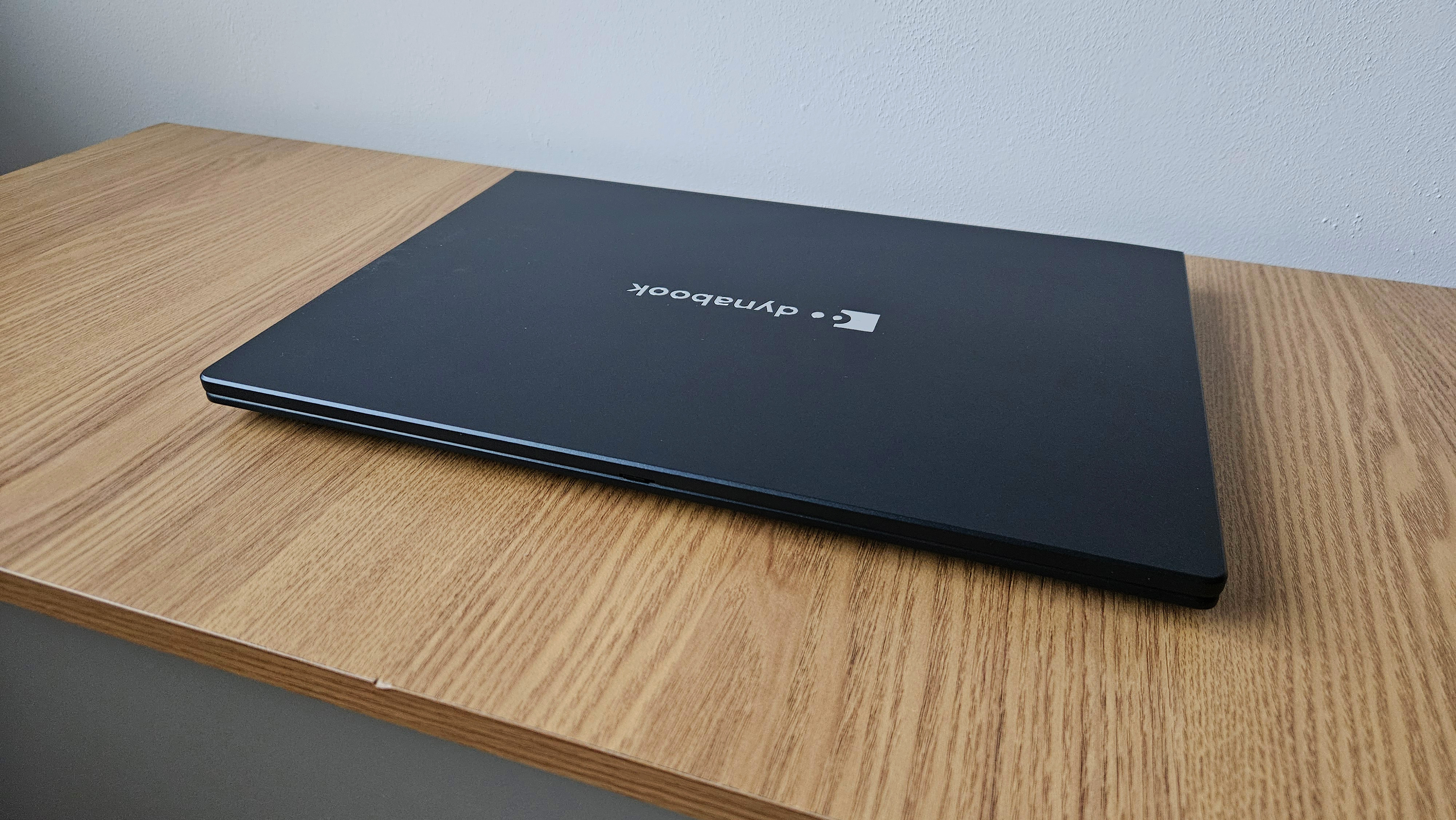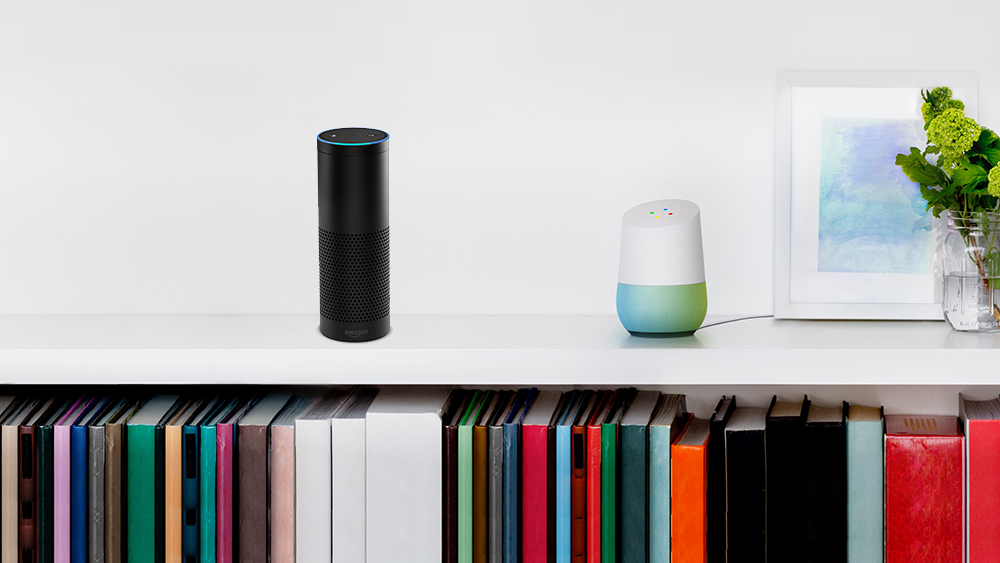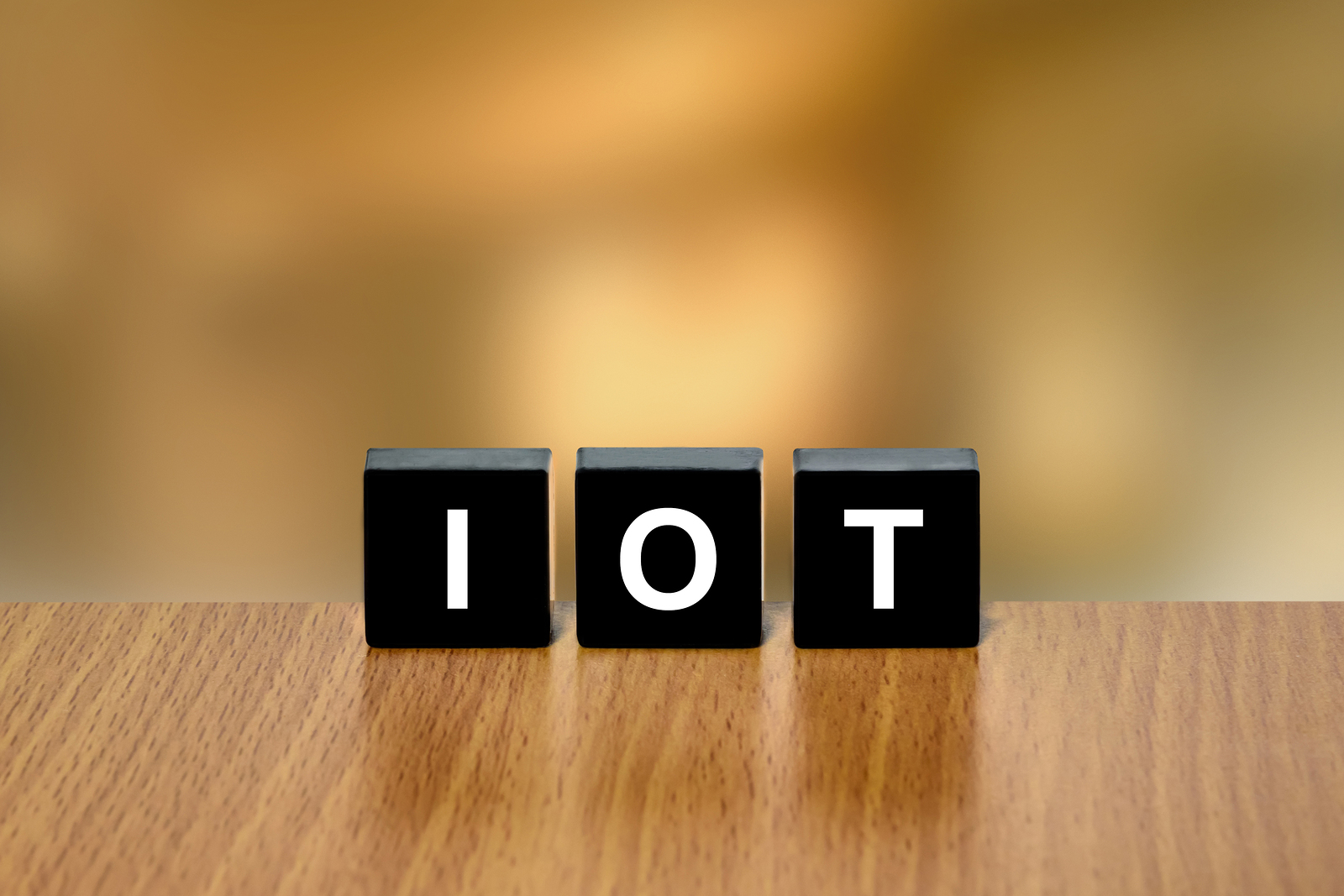How Google Home and Amazon Echo will convince people smart homes aren't useless
IoT industry figures believe that people are not yet ready for a connected life


Sign up today and you will receive a free copy of our Future Focus 2025 report - the leading guidance on AI, cybersecurity and other IT challenges as per 700+ senior executives
You are now subscribed
Your newsletter sign-up was successful
Google and Amazon's entrance into the Internet of Things (IoT) industry will help sell the concept of a 'smart home', according to major tech players.
The launch of smart home assistants like Google Home and Amazon Echo proves that the technology is rapidly approaching maturity, but the public has been noticeably slow to jump on board the connected bandwagon.
However, Bosch, a company that has been very active in IoT, believes that these kind of products with wide consumer appeal will also benefit other manufacturers of smart home technology.
Speaking to IT Pro at Paris's Connected Conference event today,Thomas Finke, director of sales for Bosch's smart home division, said:"Every marketing dollar currently spent by one of the big players is actually 50 cents in the pockets of everyone else," Finke said, "because we created this market first."
But he added: "Itwill be at least 12 to 18 months before the industry really takes off. Already we see the first seeds of it,but it's not yet a mass market."
One of the challenges to wider smart home adoption is convincing people they are not "useless", according to Craft AI engineer Lionel Ferrand.
"We're getting closer to people acknowledging that a smart home is useful," he said, but noted that public perception of smart home technology was still a barrier.
Sign up today and you will receive a free copy of our Future Focus 2025 report - the leading guidance on AI, cybersecurity and other IT challenges as per 700+ senior executives
Smart home assistants like Google Home can be an excellent way to combat this, however, acting as a sort of 'gateway drug' for connected living. This is because they are "more plug-and-play, more simple to use" than other IoT products, said Ferrand.
This is because these products use conversational voice commands rather than complicated interfaces, making them a lot less intimidating for non-technical people, added Matthieu Boussard, also a Craft AI engineer.
While Ferrand warned that simply buying one of these device won't automatically make your home truly connected, "they help give a first preview of what a smart home can be".
"It could save us time, and time is an enormous resource for humanity, and if we can save time doing maintenance, using a house, we could have more time to do personal things that will make us better people."
Adam Shepherd has been a technology journalist since 2015, covering everything from cloud storage and security, to smartphones and servers. Over the course of his career, he’s seen the spread of 5G, the growing ubiquity of wireless devices, and the start of the connected revolution. He’s also been to more trade shows and technology conferences than he cares to count.
Adam is an avid follower of the latest hardware innovations, and he is never happier than when tinkering with complex network configurations, or exploring a new Linux distro. He was also previously a co-host on the ITPro Podcast, where he was often found ranting about his love of strange gadgets, his disdain for Windows Mobile, and everything in between.
You can find Adam tweeting about enterprise technology (or more often bad jokes) @AdamShepherUK.
-
 Serving the needs of SMEs starts with vendors delivering partner success programs
Serving the needs of SMEs starts with vendors delivering partner success programsIndustry Insights Why vendors must support partners with SME-tailored solutions and collaborative programs if they are to succeed
-
 Dynabook Tecra A65-M review
Dynabook Tecra A65-M reviewReviews This 16-inch machine is light and portable, offering good connectivity and performance that render it punchy for its price
-
 Google Home vs Amazon Echo vs Apple HomePod vs Samsung Galaxy Home: Alexa skills blueprints now available to UK users
Google Home vs Amazon Echo vs Apple HomePod vs Samsung Galaxy Home: Alexa skills blueprints now available to UK usersVs Amazon make 22 templates available for custom skills
-
 Smart home mobile apps vulnerable to takeover
Smart home mobile apps vulnerable to takeoverNews Researchers find that apps to control devices in the home could be easily hacked
-
 Searching for IoT devices that look great? We have the answer
Searching for IoT devices that look great? We have the answerReviews There's no point in getting rid of wires to replace them with something ugly
